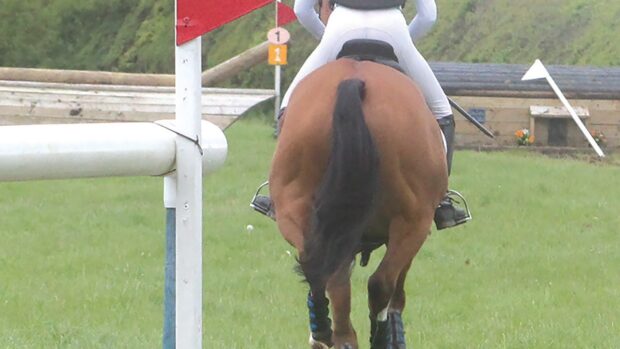The Pony Club is joining forces with the NSPCC to raise awareness among trainers and officials of the important role of parents in sport — and to tackle pushy parenting.
Pony Club branches are being encouraged to become involved in Parents in Sport Week (3-9 October), which aims to “underscore the positive supporting role parents play”.
More than 100 other sporting organisations have also joined up to take part.
“Certain types of involvement and behaviours from parents and carers can be challenging, and take away from a child’s experience and enjoyment,” said a statement from the NSPCC on the Pony Club website.
“As they commit a lot of time, money and emotional support to their children’s participation in sport, sometimes in an emotionally charged environment they may get carried away.
“Negative parental behaviour such as arguing with officials and referees or putting too much pressure on the child takes away from their experience of sport.
“This can also stunt a child’s desire to continue in sport and damage their perception of sport as fun.”
The statement added that the Pony Club is “fully behind this initiative to raise awareness of the positive role a parent has in helping a child reach their full potential”.
Dr Camilla Knight, of Swansea University, studies parental involvement in sport.
She said “over-involved” or “pushy” parents are leading to some coaches and organisations limiting their involvment with, and support of, parents — which affects children’s experiences.
Related articles:
- Celebrating the ‘Best of British’: why we couldn’t do without the Pony Club
- How do you find the perfect Pony Club pony?
- 12 ways Pony Club camp changes you forever
“Without the support of their parents and carers, the opportunities for children to engage in sport and reach their full potential will be limited,” she said.
Videos, posters and other tips can be found at thecpsu.org.uk/parents.
“From Olympic athletes to grassroots players there is consistent agreement that parents are most important in initiating involvement in sport and supporting long-term positive engagement,” said Anne Tiivas, director of the NSPCC’s child protection in sport unit.




